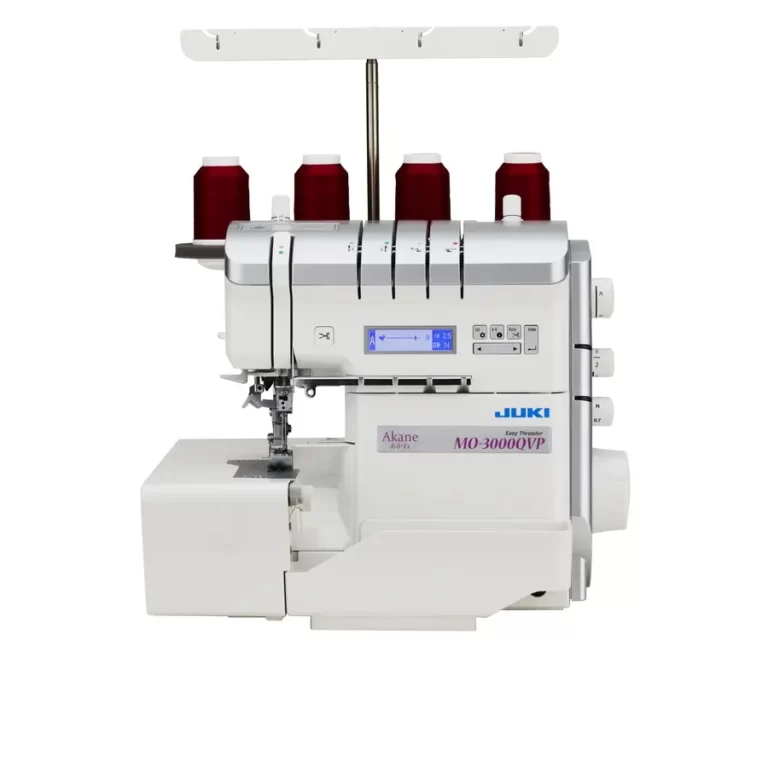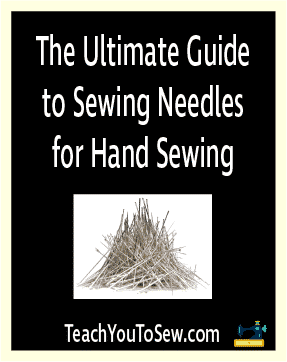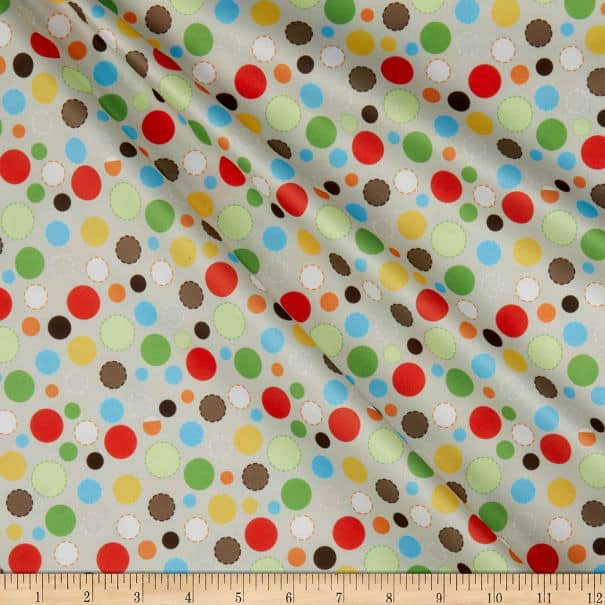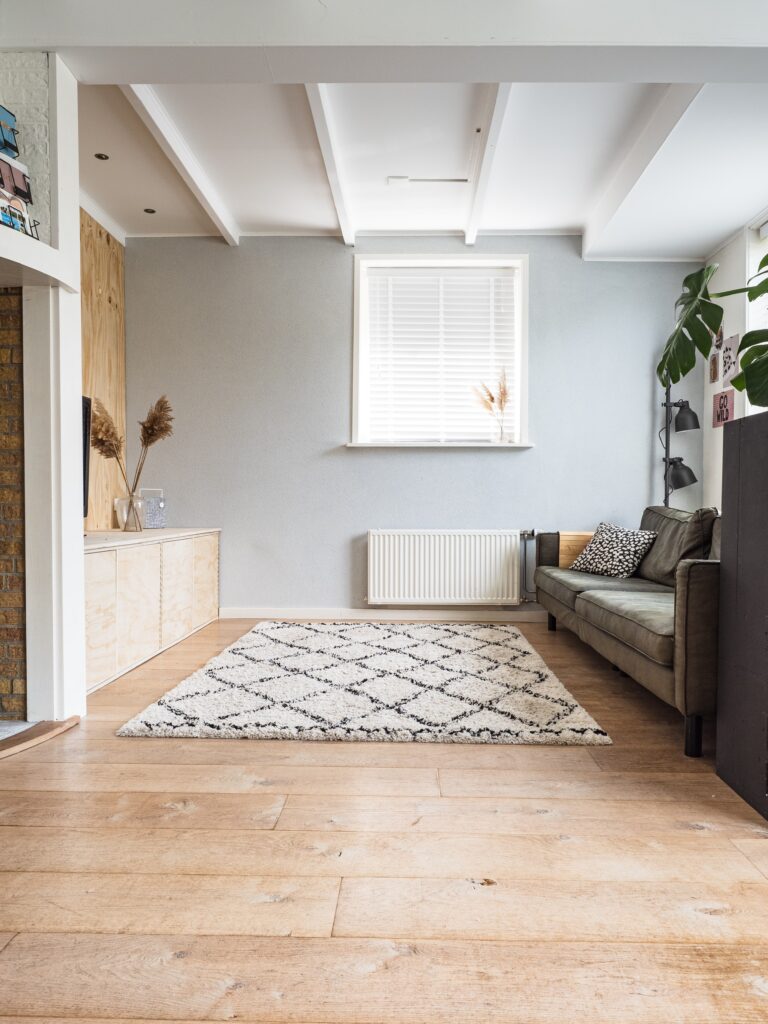Juki vs Singer Sewing Machine Comparison
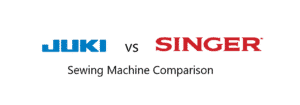
Juki and Singer are two very different brands, meaning you shouldn’t compare them without considering the major differences.
Both have a lot to offer, but usually to different types of sewers. So instead of just trying to find a clear winner between the two, we will go deeper and find out who should you choose depending on your needs and budget.
| Brand | Stitch Quality | Budget | Durability | Versatility | Built-in Stitches | Types of Sewing Machines | Embroidery Machines |
|---|---|---|---|---|---|---|---|
| Juki | Fine stitch quality, but requires proper setup | Expensive, advanced options | Highly durable, can handle demanding projects | Very versatile, superior strength and speed | Limited variety | Excellent heavy-duty machines, advanced computerized machines, more serger options | Limited options for embroidery |
| Singer | Good stitch quality, suitable for professionals | Affordable options available | Durable, but not as robust as Juki | Versatile, suitable for quilting and general sewing | Wide variety available even in budget range | Fair variety of built-in stitches | Beginner-friendly computerized machines, limited serger options, excellent embroidery machines |
Pros of Juki:
- Fine stitch quality with proper setup
- Highly durable and can handle demanding projects
- Versatile and powerful, especially for heavy-duty sewing
- Wide range of sewing machine options available
Cons of Juki:
- Expensive, advanced options may be out of budget for some
- Limited variety of built-in stitches
- Limited options for embroidery machines
Pros of Singer:
- Good stitch quality, suitable for professionals
- Affordable options available for budget-conscious sewers
- Durable machines that can last for years
- Wide variety of sewing machine options available, including excellent embroidery machines
Cons of Singer:
- Not as robust as Juki in terms of durability
- Limited serger options compared to Juki
- Beginner-friendly computerized machines may lack advanced features
Table of Contents
Stitch Quality
Although Juki usually offers the finest stitch quality of all brands, there’s a lot more to it. One of the important factors to consider here is that you often need to take care of quite a few things with a Juki to make it offer a great stitch quality.
If you fail to get everything right when setting things up, you will likely encounter issues with the stitch quality. This can easily get very frustrating for beginners and they may end up having to do hours of research before beginning to work on a particular project.
Singer sewing machines may not offer the same stitch quality as Juki, but it’s certainly not bad at all. In fact, some of the more expensive, high-end Singer machines can offer a very comparable stitch quality to Juki.
If you’re someone who hasn’t been sewing professionally for years but would like to get into professional sewing now you may want to stick to a Singer.
However, if you’re a true sewing professional already and have no problem figuring the complicated setup tasks with a Juki sewing machine, then by all means, go for a Juki.
Budget
This is a big one. Juki and Singer differ so much in terms of their prices that it’s ridiculous.
While you would struggle to find a decent Juki machine under $300, Singer has more options than you can count that you can choose from on a budget of less than $200.
That said, you do get what you pay for here, and Juki offers some of the most advanced machines, although most of them cost well over $500. So if you’re looking for the best and most advanced option – and the budget isn’t an issue for you – then a Juki would be a no-brainer for you.
However, if you’re just a beginner or would be fine with a machine that’s not the most professional or advanced, you should consider going with one of the Singer machines priced between $150 to $500, as there are plenty of great options to choose from in this price range.
Singer machines in this price range come with a nice combination of functionality, durability and ease of use, and everyone from a beginner to a more professional sewer would be pleased with what they get here.
Durability
Although Singer has a good reputation when it comes to durability, nothing beats the high-end Juki beasts in this department.
Most Juki machines have a lot of aluminum forming part of their body, while also boasting a tremendous amount of power. These two things combine to offer the best on the durability front, and Juki machines don’t die for decades when regularly made to handle large, demanding sewing projects.
A Singer machine usually wouldn’t disappoint either when it comes to the durability, but it certainly won’t be able to handle as much as a Juki. This is especially if we are talking the ones priced under $500, as they do have some limitations in terms of what kind of projects they would be able to comfortably work on.
That all said, for beginners and even professional sewers that do not tend to work on very demanding sewing projects that involve sewing through thick or difficult-to-sew fabrics, or demanding upholstery fabrics for that matter, a Singer may very well last for a good few years too.
Versatility
Both Singer and Juki machines are very versatile, and many of them turn out to be just as good for quilting as for general sewing projects. They also allow sewers to work on a wide variety of sewing tasks and projects, with some of the machines even being suitable for small embroidery work.
However, Juki does have an edge here due to the superior strength, power and sewing speed its machines boast over Singer.
Built-in Stitches
This isn’t something most sewers would want to take very seriously, but it’s still very important for beginner sewers as built-in stitches make life much easier for them.
And there’s no doubt here about Singer being a much better option. Even the cheapest of Singer machines come with a fair variety of built-in stitches, allowing beginners to easily work on basic sewing projects and work their way up to the more professional ones.
Types of Sewing Machines
The type of sewing machine you’re looking to buy also matters a lot when choosing between Juki and Singer. They both have their advantages and drawbacks here too.
So let’s compare these two brands for the different types of sewing machines out there.
Heavy Duty Machines
There’s barely any competition here as despite Singer machines usually being fairly heavy duty, the Juki ones are in a class of their own.
Some of the important features that many Juki machines offer in this respect include:
- Incredible sewing speed; some Juki machines boast a sewing speed (SPM) of 5,500 or even higher
- More aluminum than plastic on the body
- Free motion quilting
- Ability to sew through the thickest of fabrics like a dream
Computerized Machines
Both Juki and Singer offer many computerized sewing machines, and they are all very functional and loaded with useful features.
However, they still tend to be very different from each other as the Singer ones are more suited for beginners while the Juki ones are more advanced and focus on offering a complete package of general sewing and quilting.
Sergers and Overlocking Machines
Juki seems to offer considerably more serger and overclocker machine options, and they are priced surprisingly affordably compared to their sewing machines.
Another surprise here is that they are not difficult to get used to for beginners as well, despite being very functional and coming with many advanced features.
Singer sergers and overclocking machines end up being a little overpriced and underfeatured when compared to the Juki ones, so we think a Juki is clearly a better option here.
Embroidery Machines
Juki doesn’t seem to have focused much in this area at all, as it doesn’t offer much as far as embroidery machines are concerned. Sure, some of its machines do allow doing a decent amount of embroidery work, but they don’t come close to offering what some of the Singer ones do, particularly the ones specifically designed for embroidery.
So with that said, Singer manages to be a clear winner here. The SINGER Stylist 9960 and the Legacy SE300 are a couple great options.
Summing It Up
We tried to do exactly what we said at the beginning of this post: Helping you choose the right brand based on your needs. And while we answered a lot of questions along the way, one thing that is very clear is that while Juki is more suitable for professionals and demanding sewing projects, Singer is clearly a better option for beginners and sewers on a budget.

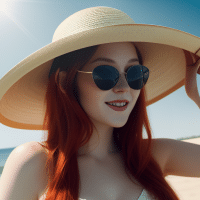
![Amazing Home Embroidery Machines Transform Your Projects [2023]](https://j3u9u6j6.rocketcdn.me/wp-content/uploads/2023/04/womanembroiderymachine.jpg)
